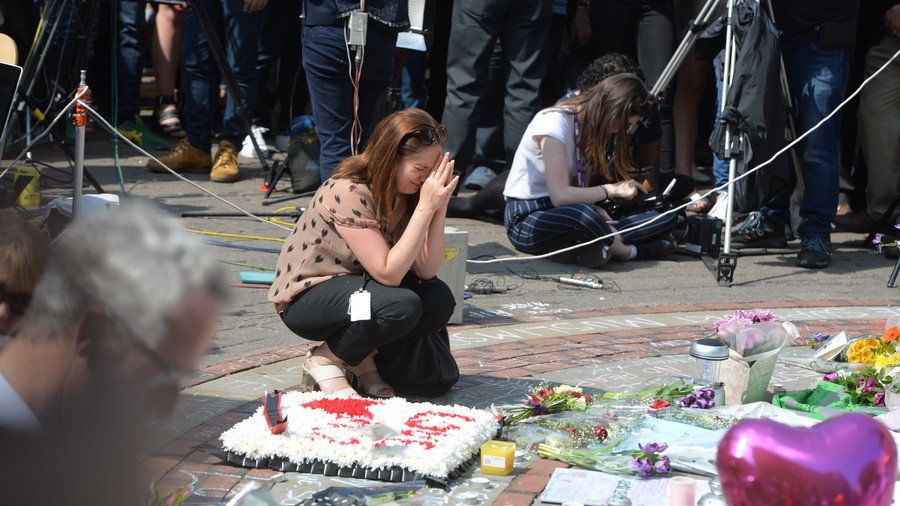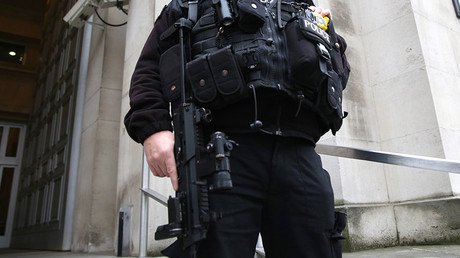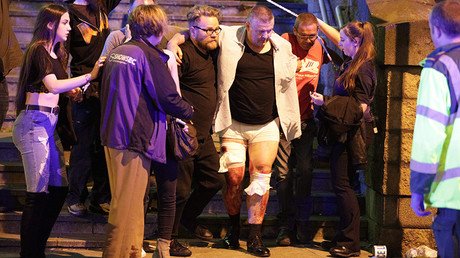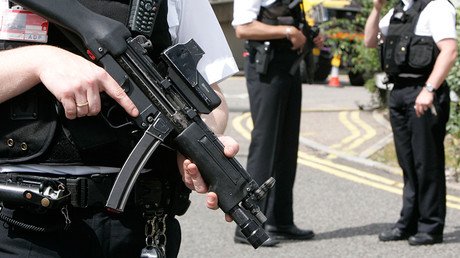MI5 could have 'avoided' Manchester Arena terrorist bombing, official report finds

The attack on the Manchester Arena that killed 22 people in March could have been stopped if MI5 had investigated intelligence it had on the bomber, according to a major government report.
David Anderson QC, the former independent reviewer of terrorism legislation, said the “true significance” of Salman Abedi, who carried out the ISIS-linked mass atrocity, “was not appreciated at the time.”
Anderson said that, while he cannot prove if the attack could have been stopped, it “might have been averted had the cards fallen differently."
There was intelligence on Abedi received by MI5 in the run up to the attack that was not related to terrorism but linked to other forms of criminality, possibly gang activity, Anderson added.
He added that the intelligence services had made decisions about Abedi that were understandable but, in hindsight, were wrong. This applied particularly to the fact that Abedi could have been stopped at the airport on his return from Libya, but he was not.“With the benefit of hindsight, intelligence was misinterpreted in 2017,” Anderson said.
Britain's Home Secretary Amber Rudd said on Tuesday that a government report had concluded it was "conceivable" that security services could have prevented the suicide attack.
Anderson was appointed to review the strategy of counterterrorism and intelligence services as terrorist attacks rocked the UK between March and June this year. The report covered attacks in Westminster, Manchester, London Bridge and Finsbury Park, which collectively claimed the lives of 36 people.
Three of the six attackers were on MI5’s radar, the report reveals.
“It is not the purpose of the internal reviews, or of this report, to cast or apportion blame. But though investigative actions were for the most part sound, many learning points have emerged,” Anderson said.
It comes shortly after Andrew Parker, the director general of MI5, briefed the government and told them that up to nine planned terrorist attacks had been foiled in the UK during the past year.
In response, Theresa May’s spokesman said the PM thanked security agents for their "tireless work" tackling terrorism.
He also said May’s team was briefed on the shift in the terrorist threat, adding “Cabinet ministers heard that while Daesh [Arab pejorative for Islamic State] had suffered many defeats in Iraq and Syria this did not mean the threat is over, rather it has spread into new areas, including trying to encourage attacks in the UK and elsewhere via propaganda on social media.”















